As global emissions continue to climb and the world warms, the livelihoods of farmers and agricultural workers are increasingly at risk. While it is hard to predict exactly how a warming planet will affect agriculture around the world, one thing is clear: farmers can be on the front lines of feeding the world, improving the environment, and reducing the risks of climate change.
>>>READ: Amazon Collaborates with Hippo Harvest on New Sustainable Greens Line
The agriculture sector contributes to 17% of global emissions, but innovators, entrepreneurs, and farmers are developing methods such as precision agriculture, which uses technology and monitoring to ensure that crops receive exactly what they need for optimum growth and productivity, and efficient equipment upgrades to reduce the greenhouse gas footprint of agriculture.
Another disruptive solution is regenerative agriculture, which includes practices such as no til farming, cover crops, and microbe-based fertilizers. Regenerative agriculture practices take into account the long-term health of the soil to produce more sustainable and productive food systems. The private sector is actively advancing regenerative practices to improve soil health and lower the environmental footprint of agriculture while benefiting local communities. While these practices have a positive impact on the environment, calculating the exact emissions reductions from regenerative agriculture can be hard to navigate. Thankfully, several startups have launched to monitor, report, and verify the climate impact of regenerative practices.
Here are five companies on the frontlines of the regenerative agriculture transition.
1. PepsiCo
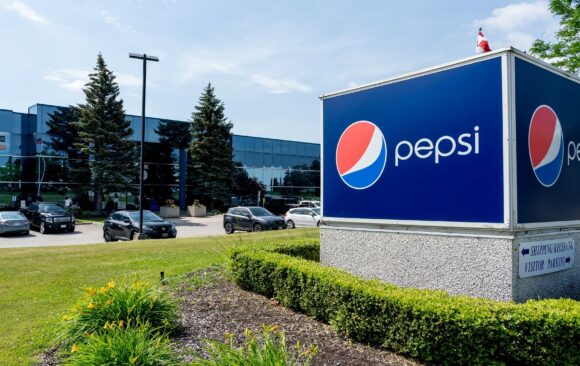
Soft drink giant PepsiCo is supporting regenerative food systems with a $216 million investment in three leading farmers’ organizations, the company said in a March announcement. Pepsi will work in tandem with Practical Farmers of Iowa, the Soil and Water Outcomes Fund and the IL Corn Growers Association to establish regenerative practices on more than three million acres and remove at least three million tons of GHG emissions by the end of the decade. The initiative is part of a broader effort, unveiled in 2021, to scale regenerative farming practices across seven million acres which is equivalent to Pepsi’s entire agricultural footprint.
2. Kering
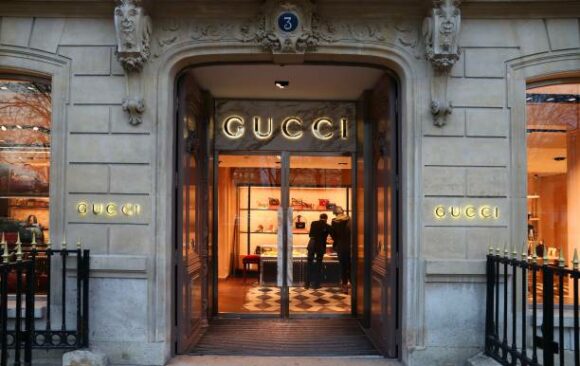
French international luxury goods conglomerate Kering, which owns brands like Balenciaga, Gucci, and YSL, is supporting regenerative practices in the fashion industry with an investment fund. In 2021, the multinational teamed up with Conservation International to launch the Regenerative Fund for Nature. The Fund works with farming groups, project leaders, NGOs and other stakeholders to advance regenerative farming practices along its supply chain, with the ultimate goal of converting 1,000,000 hectares of crops and pastureland into regenerative farms by 2025. Kering has subsidized projects in Argentina, France, India, Mongolia, South Africa and Spain.
In partnership with the J. Crew Group and Cotton Connect, Kering also published a landmark report in 2022 with the nonprofit Textile Exchange. The report aims to provide new guidelines for investing in regenerative agriculture initiatives in the fashion and textile industry.
3. Walmart
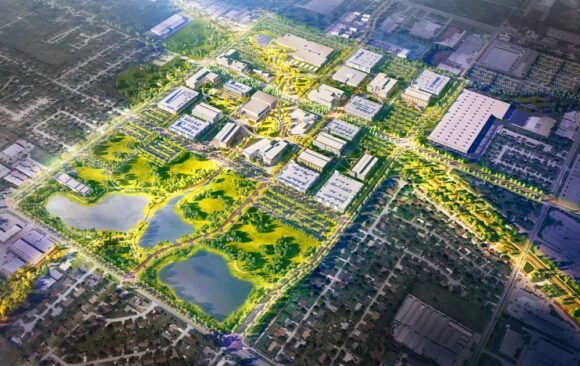
Retail giant Walmart has partnered with the Midwest Row Crop Collaborative (MRCC) to expand regenerative practices. The cross-sector initiative supports on-the-ground projects across the Midwest, particularly in the Upper Mississippi River Basin. Among MRCC’s stated goals are converting 30 million acres in the Midwest to regenerative farmland by 2030 and cutting net on-farm GHG emissions by 7 million metric tons in that same year. The collaborative platform is also financially supporting thousands of Midwestern farmers in their transition to regenerative agriculture.
>>>READ: Eden Green is Bringing Affordable, Healthy Food to Consumers
In addition to its work with MRCC, Walmart aims to harvest at least 20 key commodities such as coffee, paper, and tea more sustainably by 2025.
4. General Mills
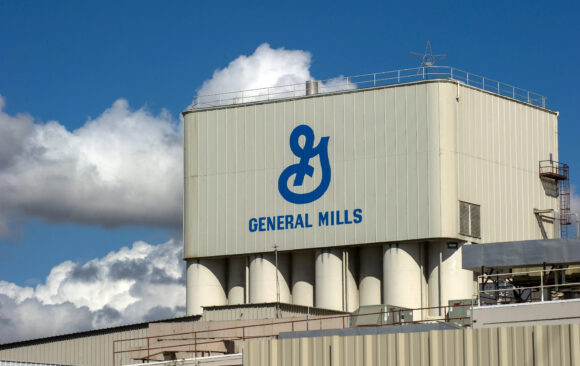
General Mills has committed to implementing regenerative agriculture on one million acres of farmland by 2030. The commitment is part of the company’s broader goal of attaining net-zero emissions by 2050. In 2019, General Mills launched an open-source Regenerative Agriculture Self-Assessment Tool to help farmers worldwide “explore how their practices align with regenerative agriculture principles.” The tool works for all farmers regardless of their farm size, type of product grown (crop or livestock), or whether the farm is organic or conventional.
In 2022, General Mills unveiled plans to invest $2.3 million in regenerative agriculture initiatives across Canada.
5. Unilever
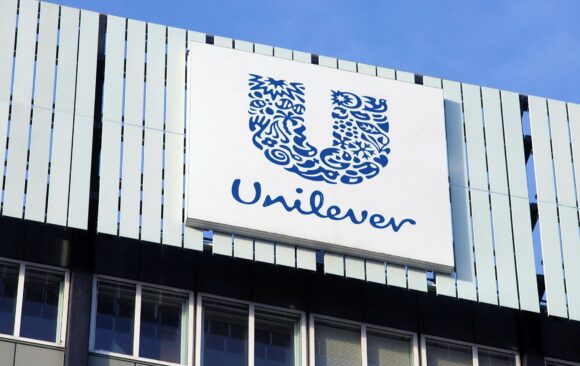
Consumer goods company Unilever is building on its longstanding commitment to sustainable and regenerative sourcing. In 2021, the company amended its Sustainable Agriculture Code (first mentioned in 2010) to include a set of updated best-practice principles for farming. In tandem with AXA Climate and Tikehau Capital, Unilever is also eyeing a new investment tool to help accelerate the shift to regenerative agriculture. Each company is committed to donating $100 million to regenerative practices over the course of the fund’s life. Unilever aims to ultimately raise $1 billion with support from institutional and public investors.
Feeding the world and improving the environment require the widespread adoption of innovative, climate-friendly technologies and processes. The private sector is actively promoting sustainable practices in order to build more equitable and resilient agricultural supply chains.
Nathalie Voit is a freelance content creator and a graduate of the University of Florida. She is an alumni of The Heritage Foundation’s Young Leaders Program.
The views and opinions expressed are those of the author’s and do not necessarily reflect the official policy or position of C3.
